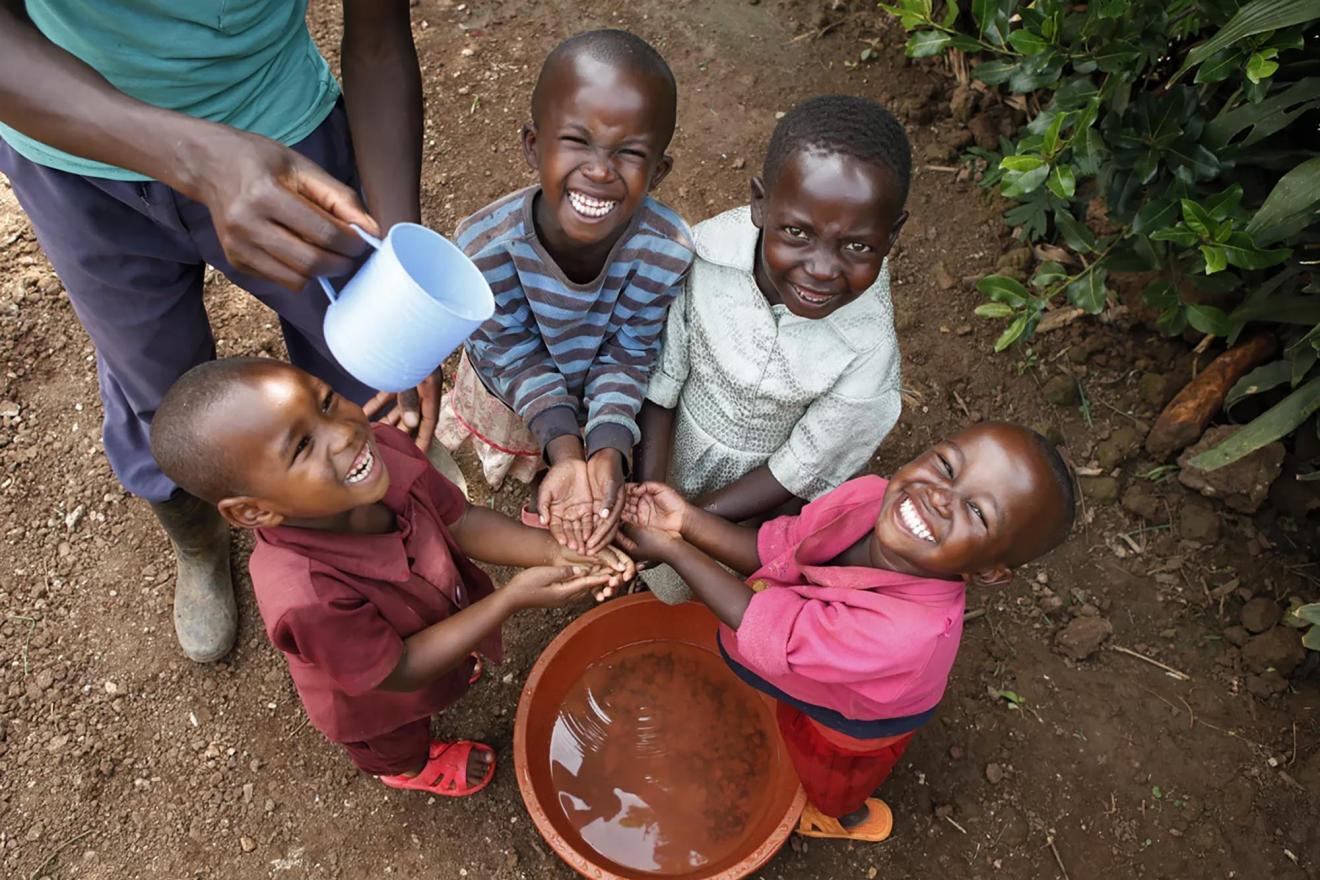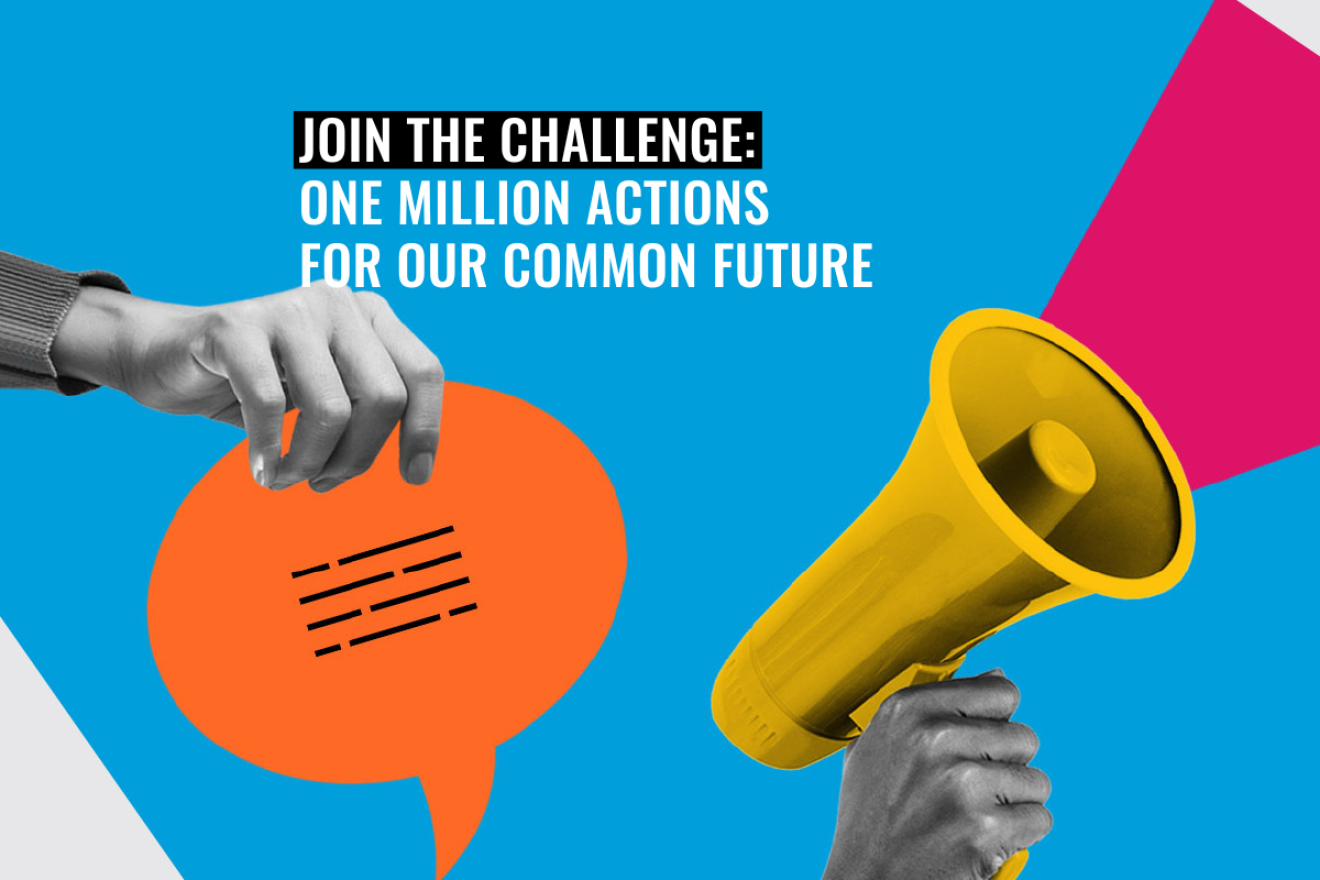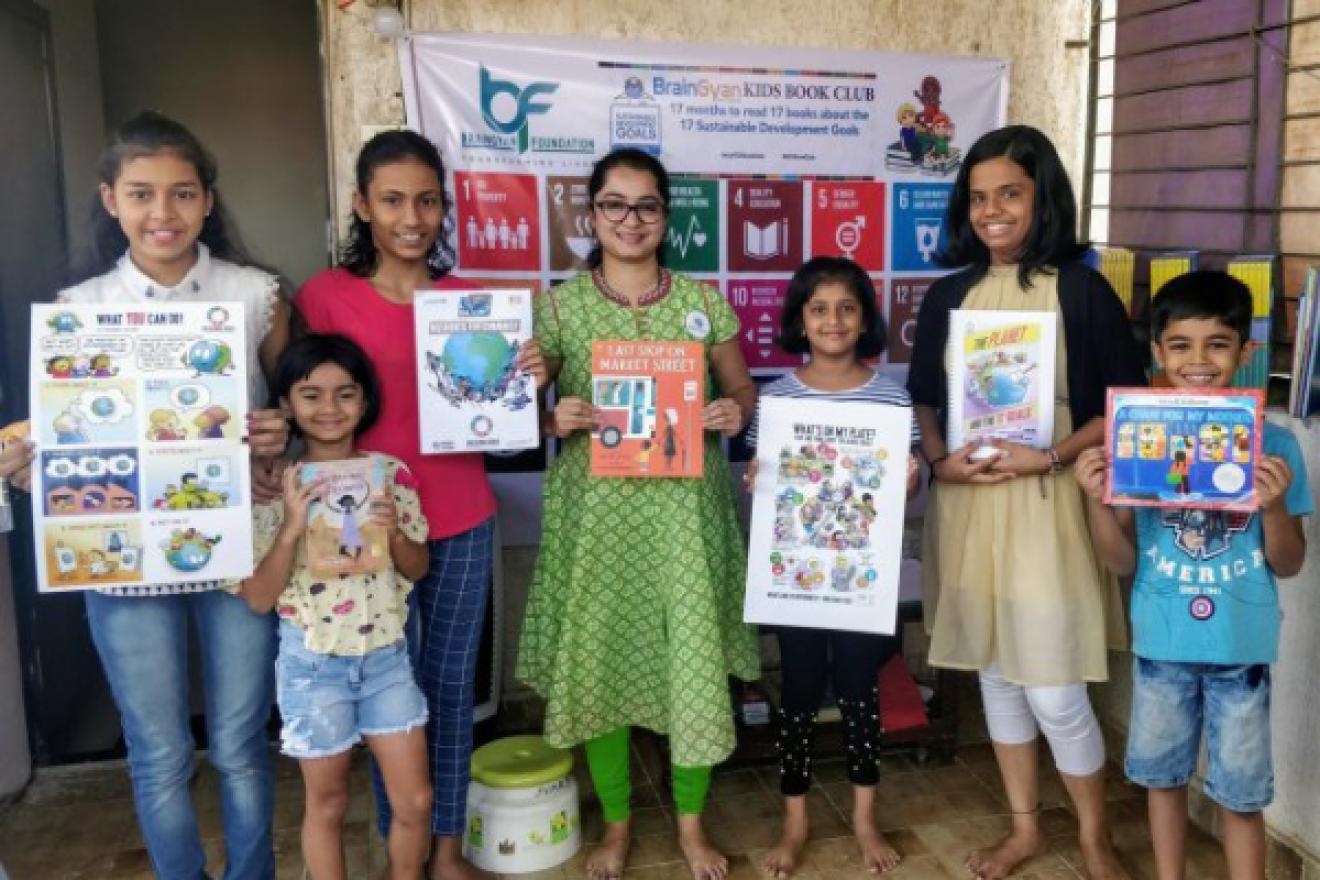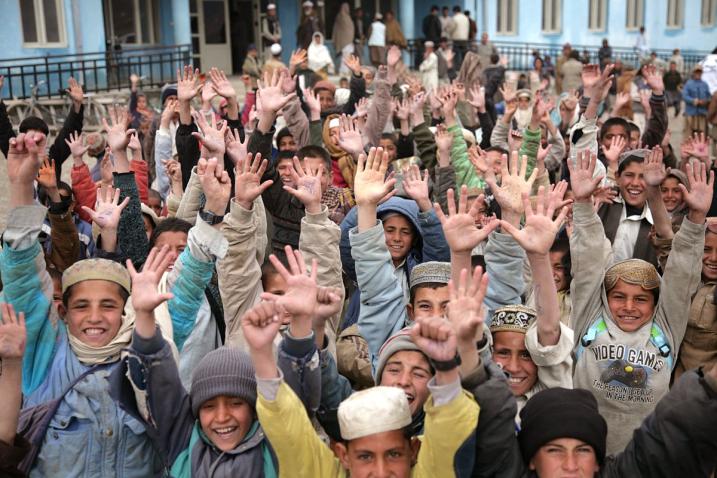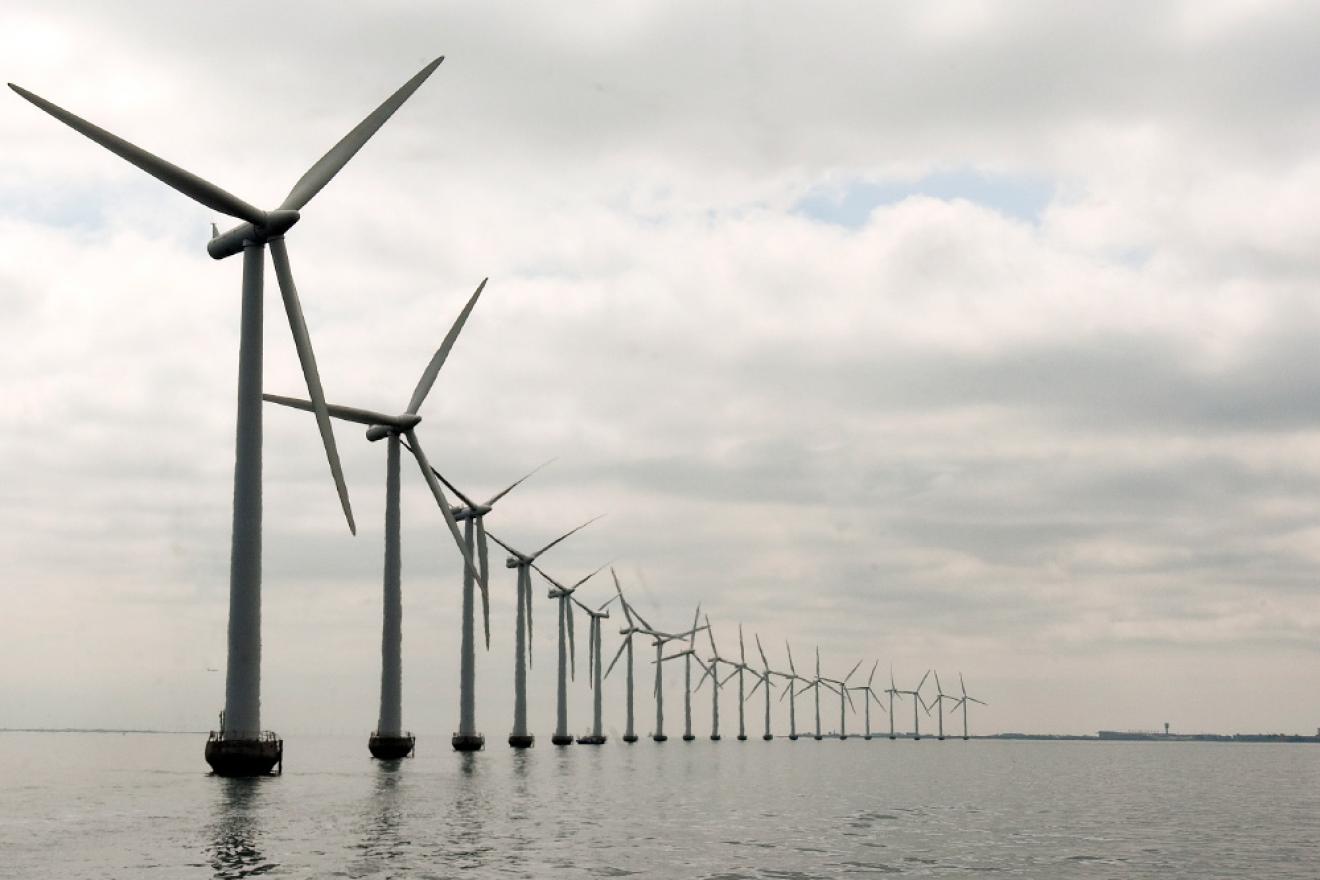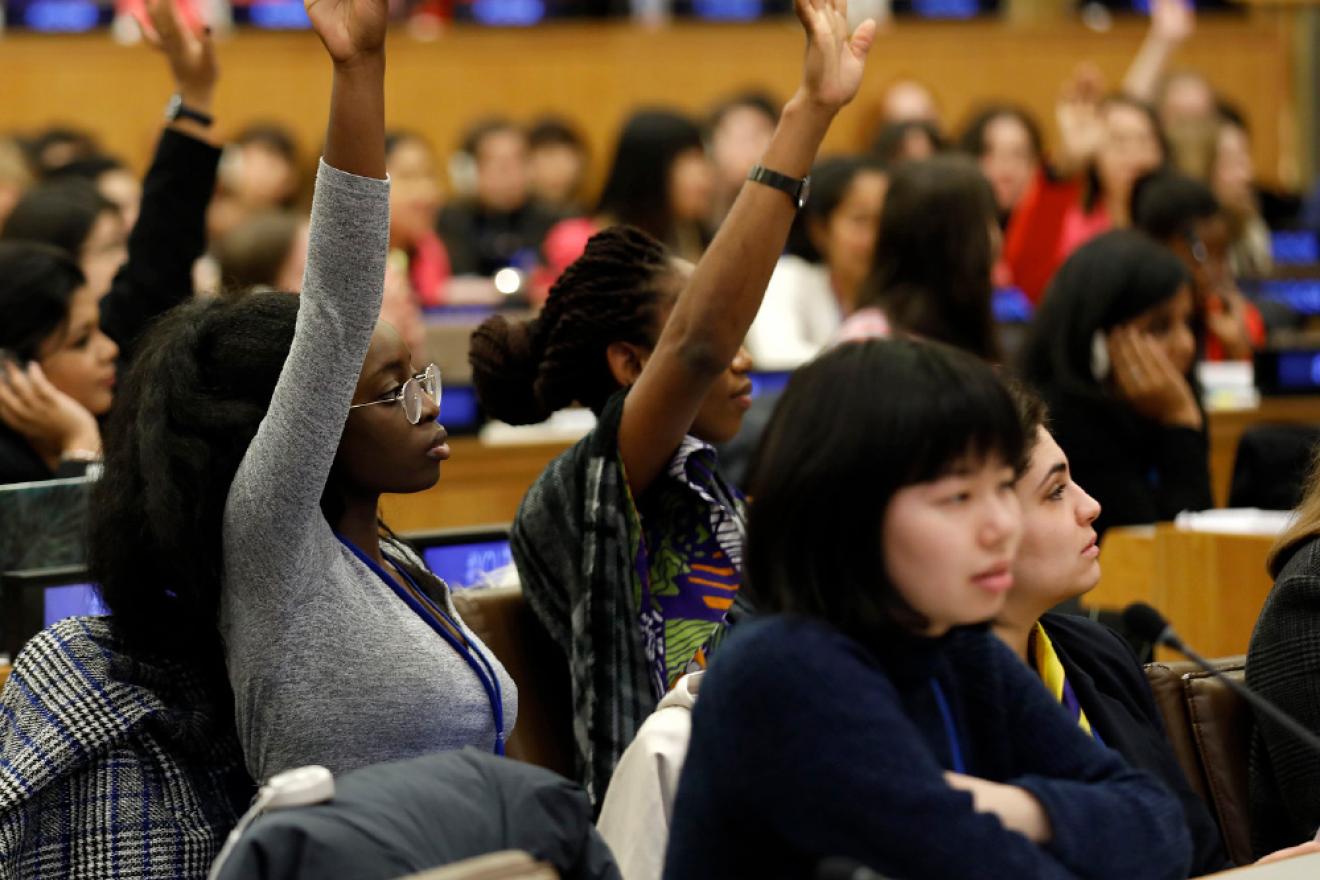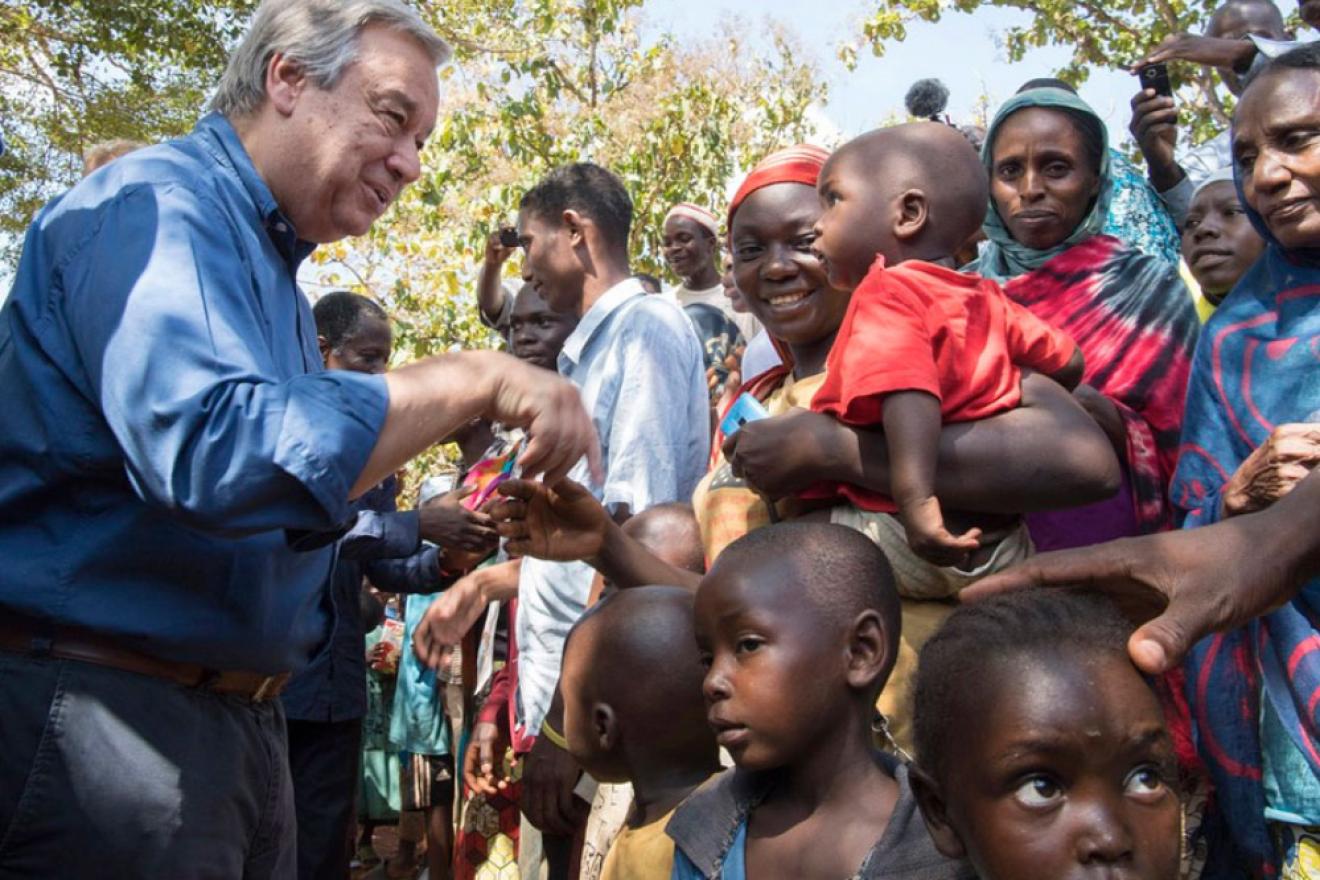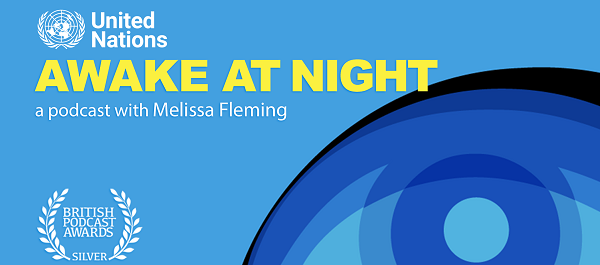ActNow is the UN campaign to inspire people to act for the Sustainable Development Goals (SDGs). In the lead up to the Summit of the Future, join the 1 Million Actions for our Common Future challenge to contribute to a more sustainable and peaceful world. Find new inspiring actions on the app and at un.org/actnow.
Water: Humanity’s most precious resource
Declared a human right by the United Nations in 2010, clean water and sanitation are essential for life, health, and dignity. Yet over 2 billion people lack safe drinking water, and nearly half the world lives without safely managed sanitation services. Climate change, pollution, and scarcity are pushing this lifeline to the brink. UN-Water is calling for urgent global action. Improving access to water, sanitation, and hygiene could save 1.4 million lives every year. Water is life. Without it, there is no future.

